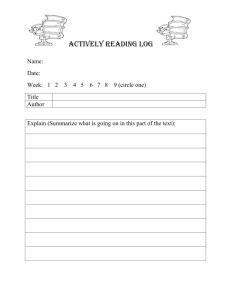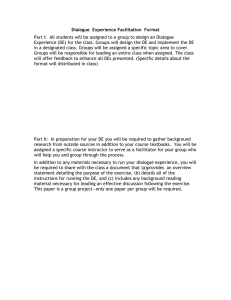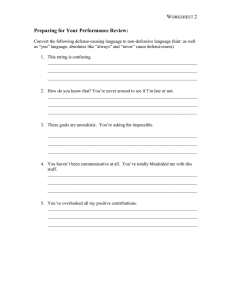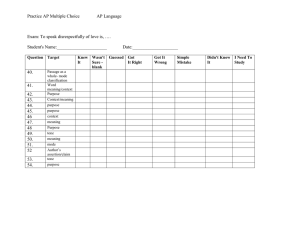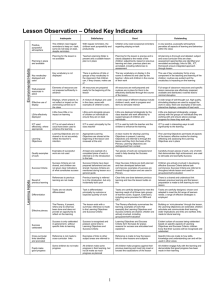Ground Rules for Ethics Dialogue
advertisement
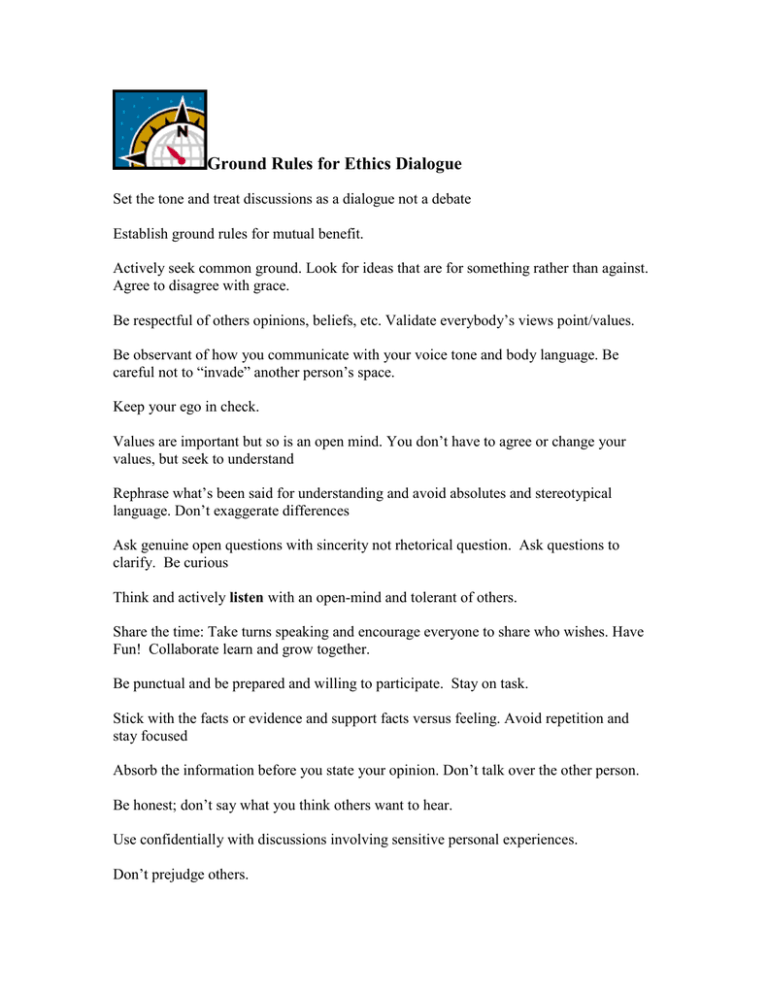
Ground Rules for Ethics Dialogue Set the tone and treat discussions as a dialogue not a debate Establish ground rules for mutual benefit. Actively seek common ground. Look for ideas that are for something rather than against. Agree to disagree with grace. Be respectful of others opinions, beliefs, etc. Validate everybody’s views point/values. Be observant of how you communicate with your voice tone and body language. Be careful not to “invade” another person’s space. Keep your ego in check. Values are important but so is an open mind. You don’t have to agree or change your values, but seek to understand Rephrase what’s been said for understanding and avoid absolutes and stereotypical language. Don’t exaggerate differences Ask genuine open questions with sincerity not rhetorical question. Ask questions to clarify. Be curious Think and actively listen with an open-mind and tolerant of others. Share the time: Take turns speaking and encourage everyone to share who wishes. Have Fun! Collaborate learn and grow together. Be punctual and be prepared and willing to participate. Stay on task. Stick with the facts or evidence and support facts versus feeling. Avoid repetition and stay focused Absorb the information before you state your opinion. Don’t talk over the other person. Be honest; don’t say what you think others want to hear. Use confidentially with discussions involving sensitive personal experiences. Don’t prejudge others. Don’t use slogans and jargons. Don’t force your point of view. Don’t personalize anything. No personal attacks or name calling. No sarcasm. Don’t interrupt Don’t use absolutes or exaggeration and there may not be a right and wrong Don’t use “you” statements but “I” statements Revised September 5, 2008
